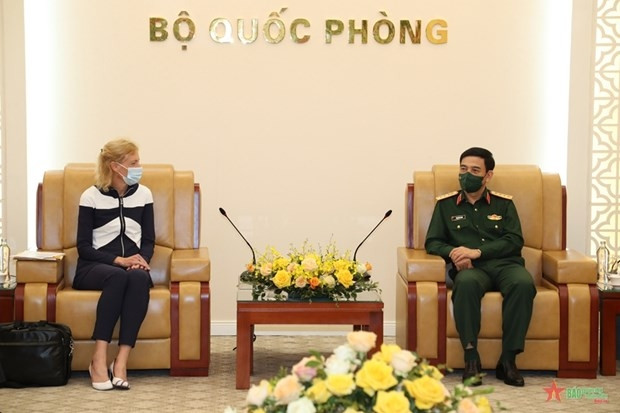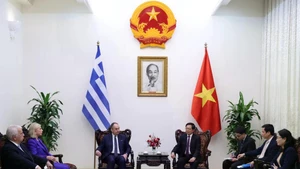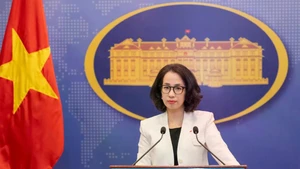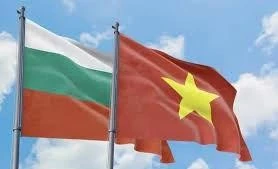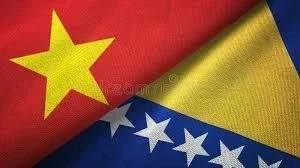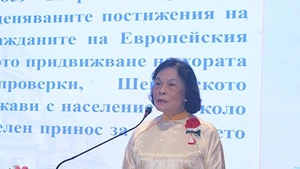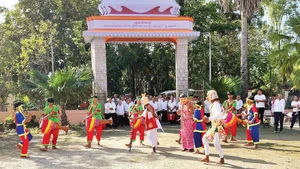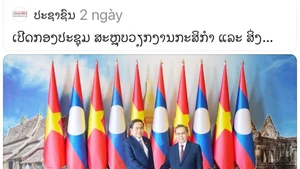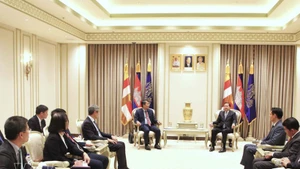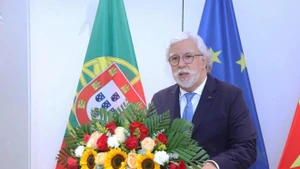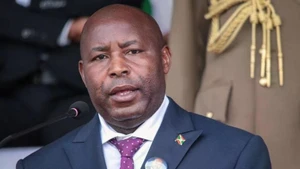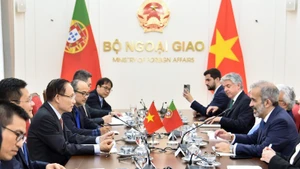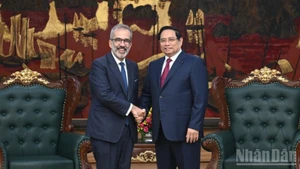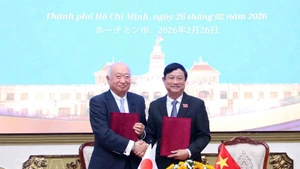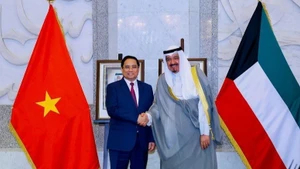Giang stressed that since the two countries established their strategic partnership in 2013, the bilateral ties have been consolidated and grown in different spheres, from politics to economy, national defence-security, culture and science-technology, of which defence cooperation has received due attention of both sides.
The defence cooperation has been strengthened following the official visit to France by Prime Minister Pham Minh Chinh last November, he said, adding that the sides are working towards the 50th anniversary of the diplomatic ties and 10 years of the strategic partnership.
For her part, Guitton expressed her hope that the French Ministry of the Armed Forces and the Vietnamese Ministry of National Defence will boost cooperation in the areas agreed at the second Vietnam-France defence strategic and cooperation dialogue which took place earlier the same day.
The dialogue was co-chaired by Guitton and Senior Lieutenant General Hoang Xuan Chien, Deputy Defence Minister, during which they agreed on future cooperation orientations.
They shared the view that despite the COVID-19 pandemic, the bilateral defence cooperation has reaped remarkable results in such realms as delegation exchange, training, military medicine, defence industry, UN peacekeeping operations, and the settlement of war consequences.
The two countries have also coordinated and supported each other in multilateral international forums and organisations.
Vietnam always supports France’s efforts to maintain peace, stability and cooperation in the region, and stands ready to work as a bridge between France and the Association of Southeast Asian Nations (ASEAN), heard the dialogue.
They concurred to enhance the defence cooperation on the basis of the joint vision statement on defence cooperation for 2018-2028, and the amended agreement on defence cooperation.
Accordingly, they will increase all-level meetings and exchanges, sign more cooperation documents, step up research and strategic exchanges, forge collaboration in UN peacekeeping operations, training, defence industry and war consequence settlement, and further mutual support at multilateral mechanisms and forums.
Regarding the East Sea/South China Sea issue, both sides emphasised the significance of maintaining peace, stability, security, safety and freedom of navigation and aviation, and settling disputes by peaceful measures in line with international law, including the 1982 United Nations Convention on the Law of the Sea (1982 UNCLOS).
